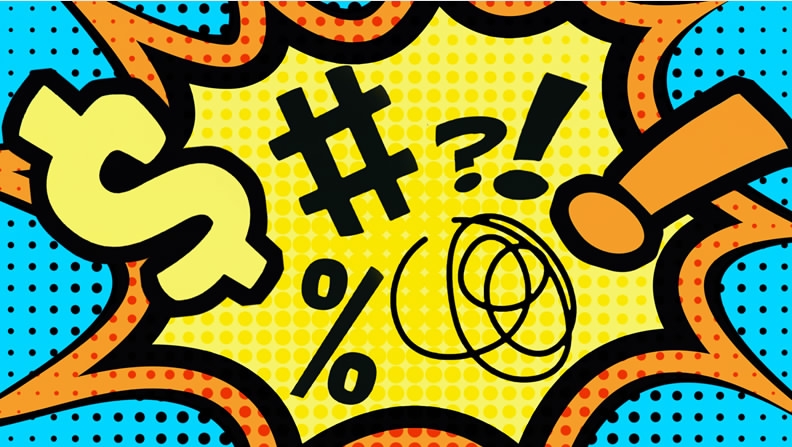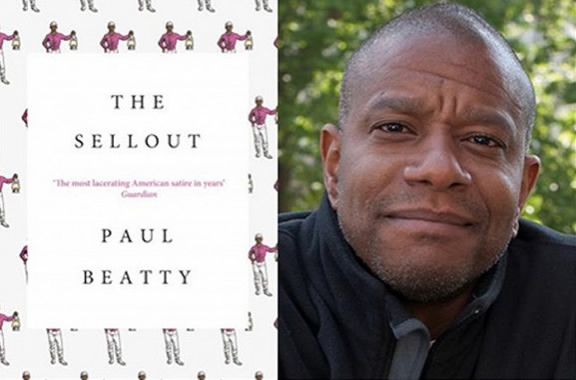
Culture
15:04, 11-Aug-2017
Talk dirty to me? US literature sees growth in use of swear words
CGTN

Mark Twain once said, “There ought to be a room in every house to swear in,” because “it’s dangerous to have to repress an emotion like that.”
The American humorist's call for use of obscene language seems to have reverberated within the US literary community, according to a new study.
A textual analysis of more than one million books has been conducted with findings showing that the frequency of obscenities used in American literature has increased significantly in the past 67 years.
The study, led by San Diego psychologist and author Jean Twenge, used google books to search for the "seven dirty words" in published American literary works between 1950 and 2008.
The cusswords, which range from the filthy to the sexual, were picked because they were described as the "seven words you can never say on television" by humorist and social critic George Carlin in 1972.
Books published between 2005 and 2008 were found to include 28 times more swear words than literary work out in the early 1950s.
The significant increase in use of profanities was linked to the rise of individualism in the US society in the last few decades.

American novelist Paul Beatty, who won last year’s Man Booker prize with his book "The Sellout" containing over 80 instances of the F-word.
American novelist Paul Beatty, who won last year’s Man Booker prize with his book "The Sellout" containing over 80 instances of the F-word.
Jean said, “Individualism is a cultural system that emphasises the self more and social rules less. So as social rules fell by the wayside, and people were told to express themselves, swearing became more common. I think this cultural lens is the best way to view it, rather than as bad or good.”
The use of foul language in literature puts challenges on schools and libraries.
Books such as Chuck Palahniuk's "Make Something Up Stories You Can't Unread" and Rainbow Rowell's "Eleanor and Park" have been quite the challenge because of the nature of the language used, according to the most recent list of the top 10 challenged books issued by the American Library Association.
The authors of this study linked the increase of using expletives in US literature to the personality traits of the writers and the loosening of social taboos.
The scholars believed that the use of such words helps strengthening self-expression. With the greater valuation of the rights of the individual self, more self-expression has been favored by individualistic cultures.

SITEMAP
Copyright © 2018 CGTN. Beijing ICP prepared NO.16065310-3
Copyright © 2018 CGTN. Beijing ICP prepared NO.16065310-3